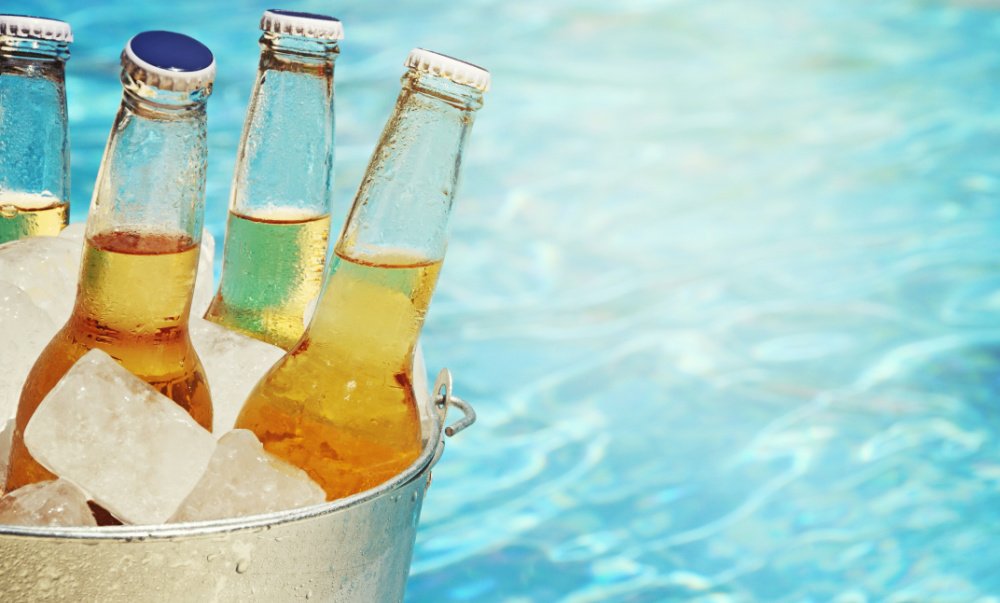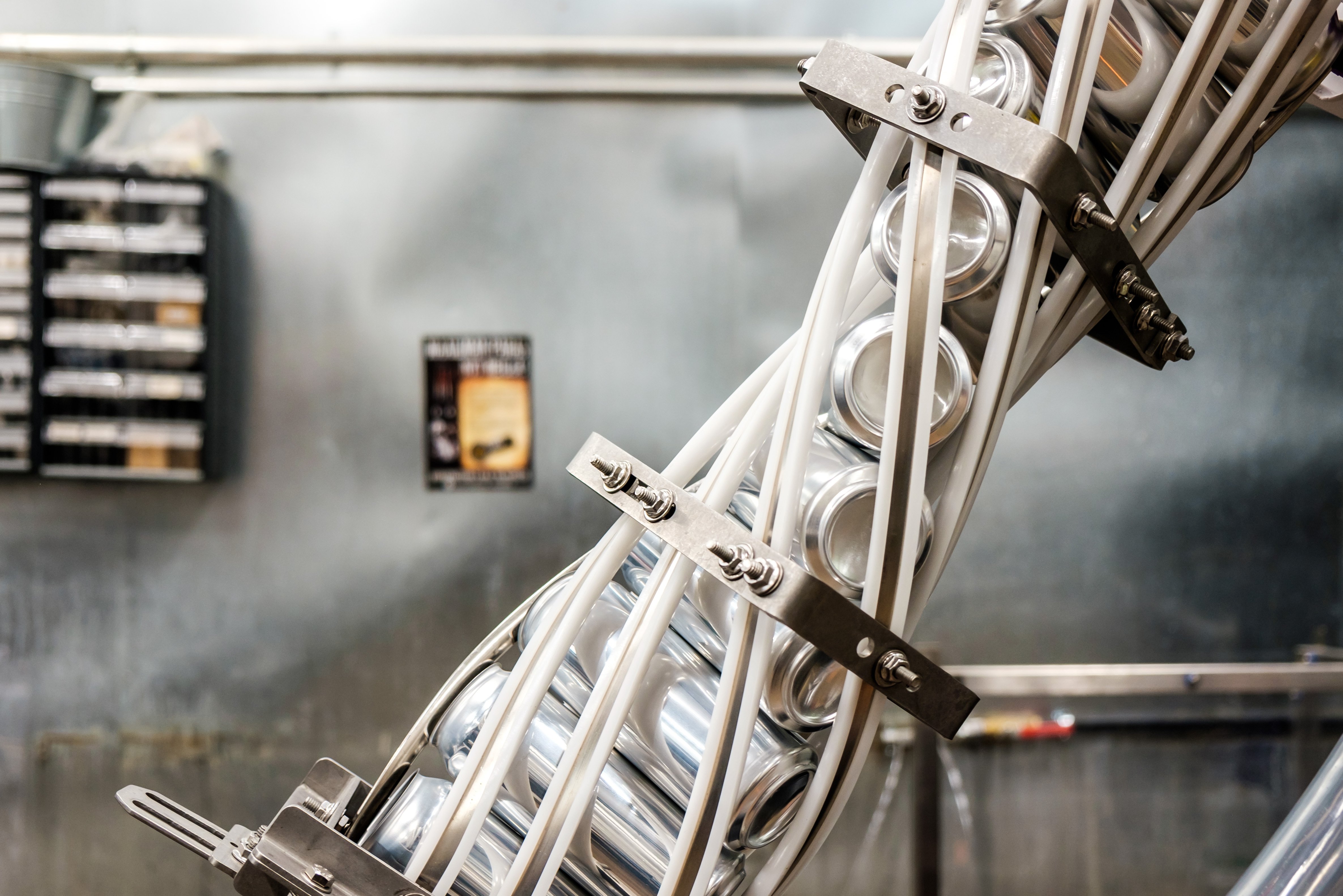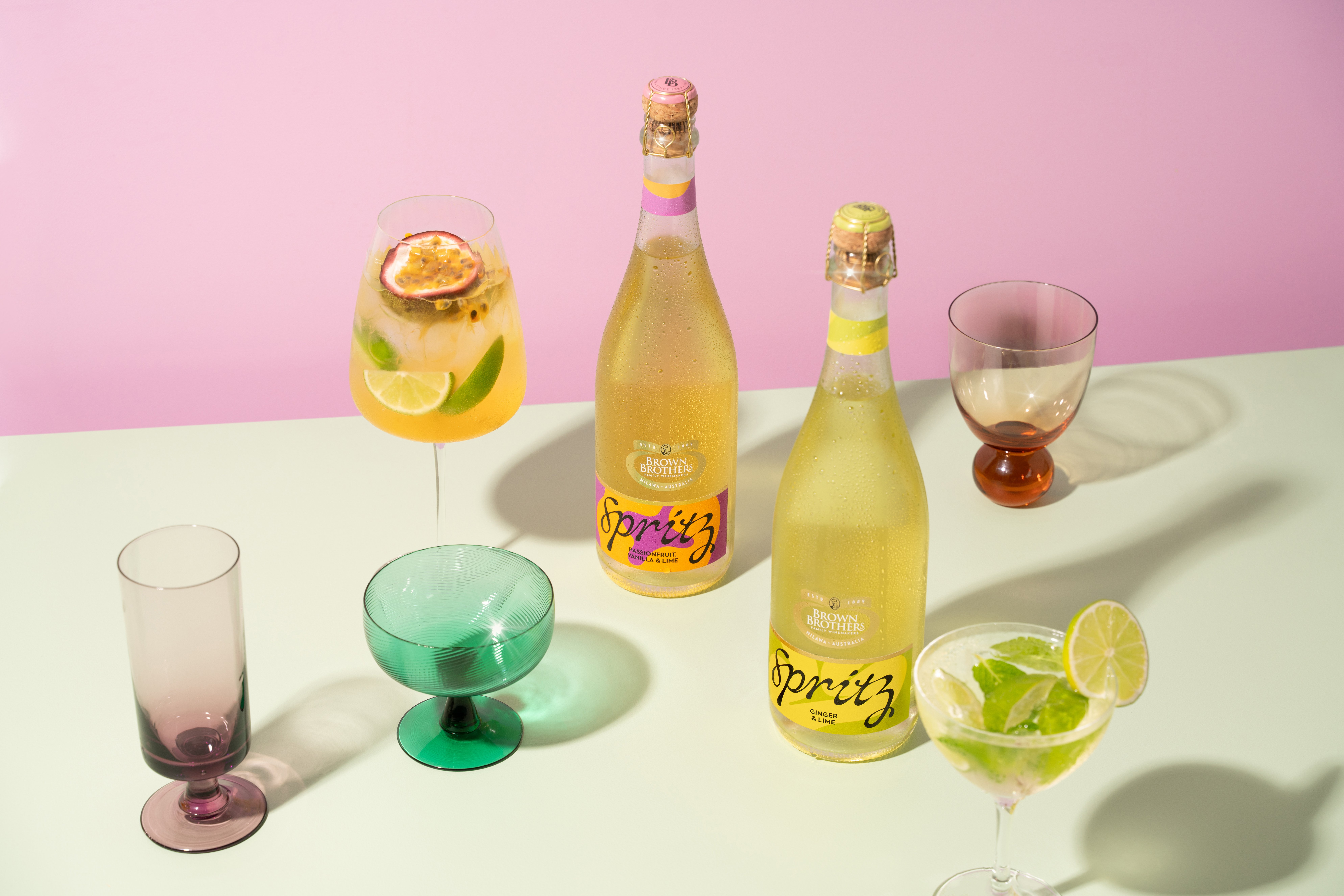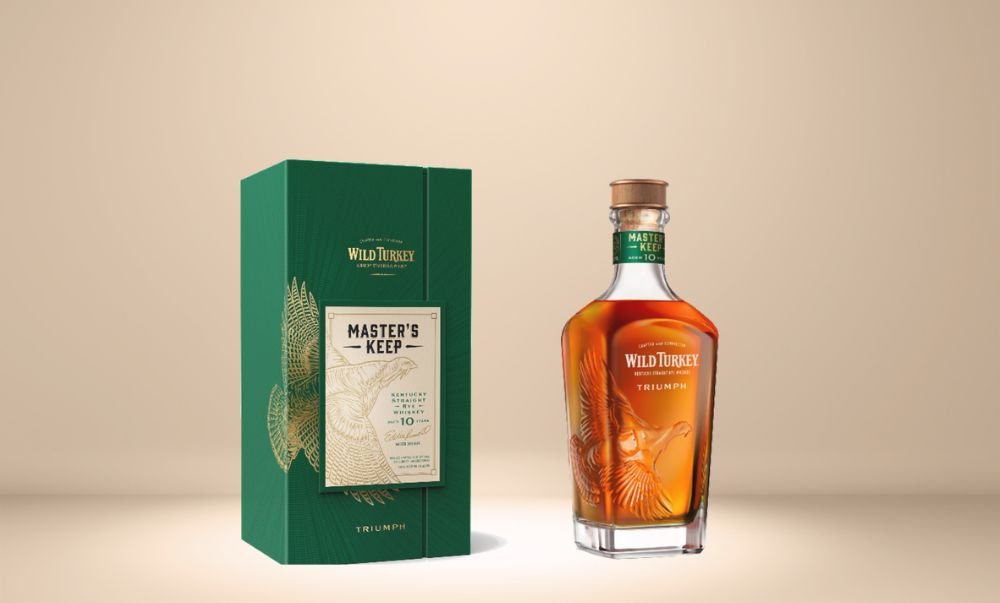From 1 August this year, the Alcohol Beverages Advertising Code (ABAC) underwent a comprehensive review and enhancement, resulting in the implementation of a new Code.
However, ABAC complaints and determinations have increased while pre-vetting requests have decreased by 10% compared to the same quarter in the previous year, noted ABAC Chair Hon Tony Smith.
To help alcohol marketers understand and comply with the new Code, ABAC is offering a free one-hour online training course, which can be accessed here.
ABAC continues to address and monitor ongoing issues through changes. The essential modifications are as follows:
1. Stricter Placement Restrictions: Alcohol advertisements are now subject to more stringent placement rules, requiring a higher adult audience threshold of 80% before they can be aired alongside a program. Additionally, there are more significant limitations on direct marketing efforts to safeguard vulnerable individuals.
2. Inclusion of Low-Alcohol Beverages: The scope of the Code has been extended to encompass no and very low-alcohol beverages, ensuring that responsible advertising practices apply to a broader range of products.
3. Clearer Anti-Coping Mechanism Provisions: The new Code includes explicit provisions preventing alcohol from being portrayed as a coping mechanism and discourages any negative depiction of the choice to abstain from alcohol.
ABAC Chair Hon. Tony Smith said, "The new Code is more robust and addresses emerging concerns raised by the public through the complaints system."
In July, ABAC Former Chair Harry Jenkins AO said the main areas of concern in need of addressing and attracting public complaints were packaging with soft drink and confectionary themes attracting public complaints and marketers using themes and images of excess or rapid consumption, particularly in social media and around swimming.
This issue continues to be a significant concern for the community due to the heightened risks associated with such activities after alcohol consumption.
A common breach of Code standards in the last quarter was the depiction of alcohol use with swimming in a pool, despite this concern reflected in a key provision of the new Code.
ABAC Panel determinations serve as valuable guidance for alcohol companies when developing advertisements and packaging.
Marketers are encouraged to utilize the wide array of free resources and checklists available on the ABAC website and to use the ABAC pre-vetting service for an independent review of their ads and packaging to ensure they meet responsible alcohol marketing standards.
ABAC's Third Quarterly Report for 2023, which provides details of decisions made in the past quarter, can be accessed online.
For more information about the Code, visit http://www.abac.org.au/.
Share the content










